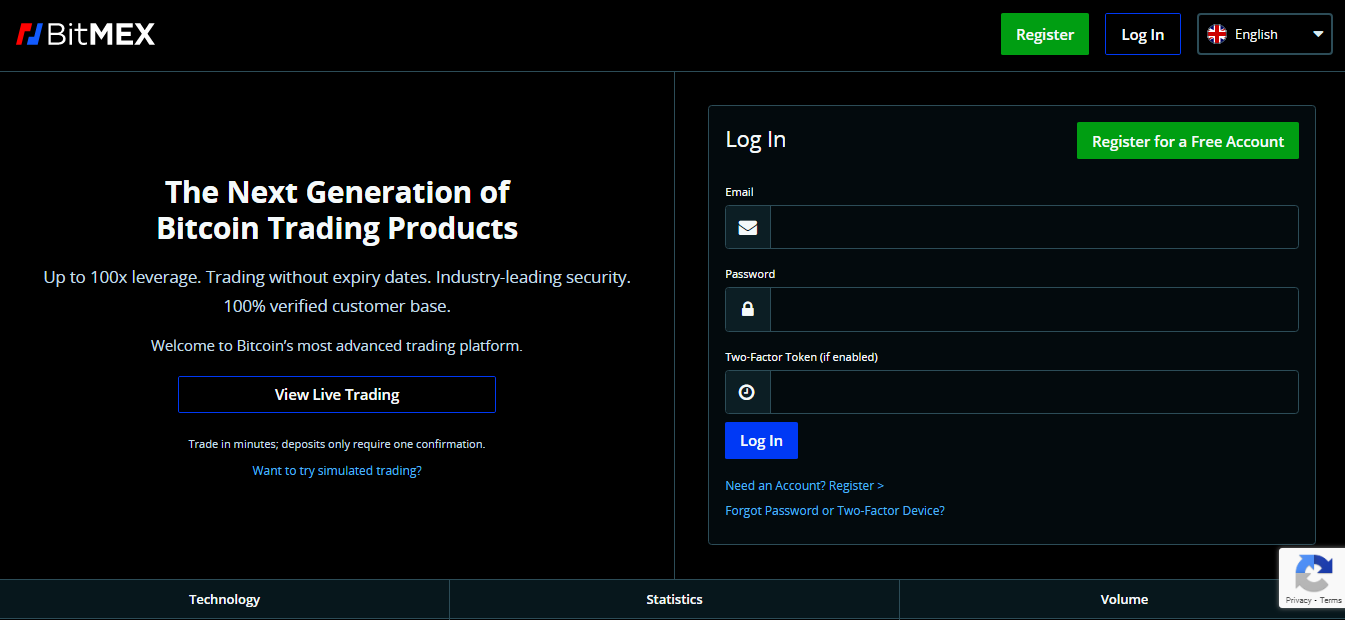
Instead, the exchange reserves a collateral amount in the seller's and buyer's accounts - the security deposit, which typically ranges from 2% to 30% of the contract value.

Best trading platform for futures full#
In a futures transaction, the buyer does not pay for the asset purchased in full and the seller does not make the asset available. Futures can be used for hedging or speculating on the price movements of the underlying asset. In the futures markets it is possible to make transactions with considerably higher leverage than in the stock markets. If this is not possible, the transaction will be closed according to the rules of margin call - part of the transaction is closed by the broker at the market price. If there are insufficient funds in the account, the broker controls the deposit of funds by the client. When buying a futures contract, the exchange freezes the value of the contract in the accounts of buyer and seller. The futures contracts stipulate the liability of both parties - the buyer and the seller, while the exchange acts as a guarantor.

The main purpose of futures contracts is for the trader to earn on the difference - to buy cheaper and sell dearer. If the value of the futures is higher than the underlying asset, it is called a contango, if it is lower - a backwardation, if it is about the same - parity.įutures contracts are bought and sold on exchanges at a certain value, which may vary. The current value of the asset may also be called the spot or spot price. The value of the futures may be higher, lower or approximately equal to the current value of the underlying asset. All terms and conditions (delivery time, place, method, etc.) are set separately for each underlying asset, which helps you quickly sell the asset at a price close to the market price. The futures are set on the basis of the standard terms which are set by the exchange where the futures are traded. The intangible nature of the futures allows you to use them to insure the risks of the stock market. In such a case there is a recalculation of the profit and loss at the end of the contract. Settlement futures can be concluded for any asset, including indices, interest rates, anything that cannot be shipped or touched. The second type of futures used in online trading is settlement futures. Monetary: contracts on currency, interest rates.Ĭontracts are divided into two types, depending on the nature of the obligation.Ī deliverable futures implies that the contract is based on an asset which must be shipped and paid for at the end of the contract.Commodity: futures on oil, precious and nonferrous metals, agricultural products.Index, equity and bond futures are traded on these exchanges Depending on the underlying, futures are traded on exchanges which are split into 3 sections: The underlying asset for a futures contract can be anything: a stock, a commodity, a currency pair, an index or a cryptocurrency. A futures is a derivative financial instrument and has an underlying asset. The essence of futures contractsĪ futures contract is a contract to buy or sell an underlying asset at a predetermined time and at an agreed price that is fixed in the contract.
Best trading platform for futures how to#
In this review, we will look at what futures are, what features this financial instrument has and how to choose an online futures trading platform in India. Like any other financial instrument, futures contracts have their own special features, which is why an online trading platform must provide access to specific features and have certain tools for analysis to conclude such a contract. Futures are similar to options in many ways, but they have significant differences. Among the many different financial instruments on the stock market, futures occupy a special place.


 0 kommentar(er)
0 kommentar(er)
